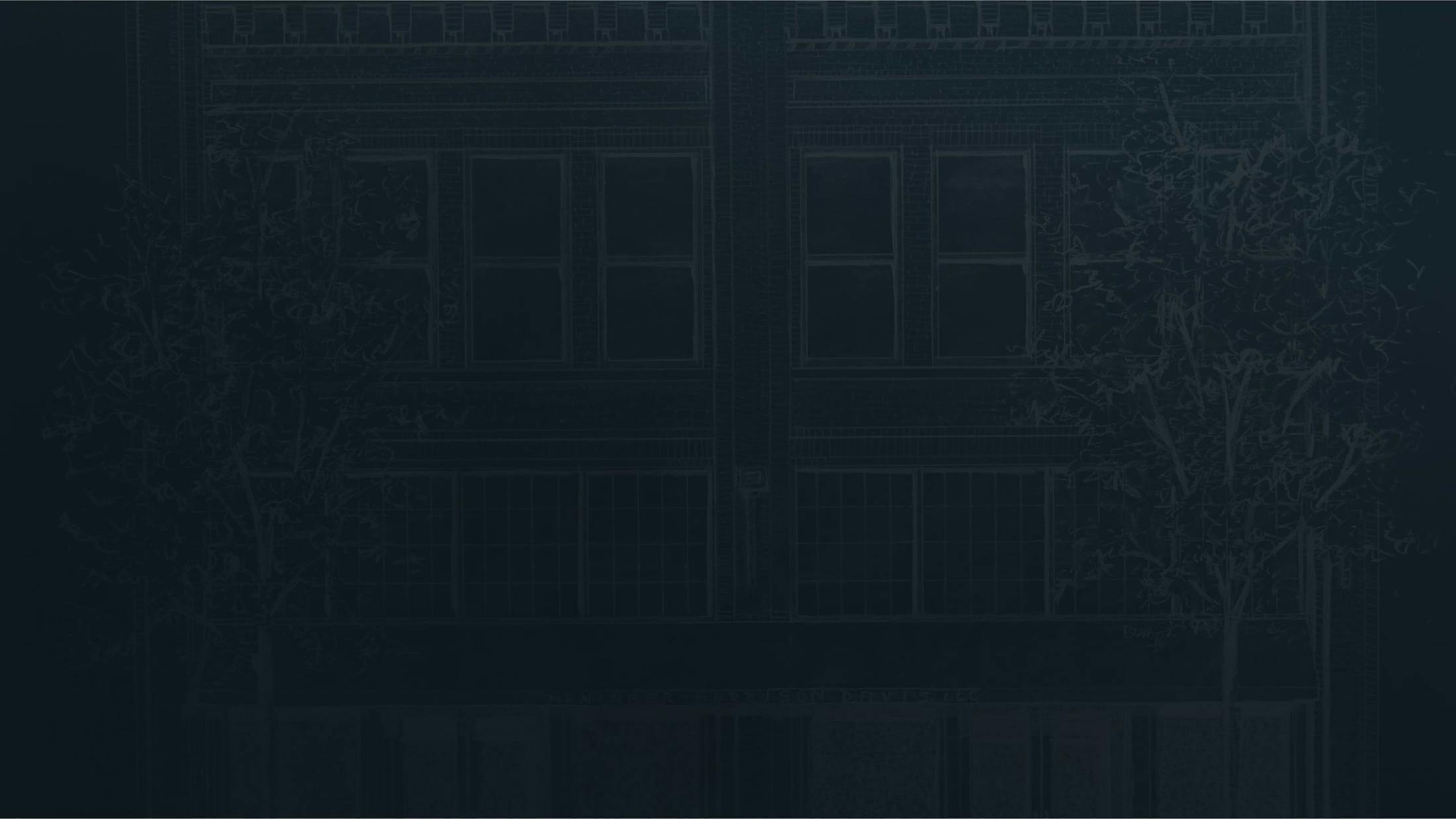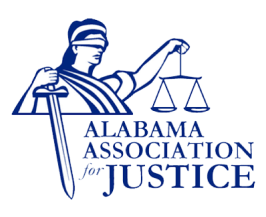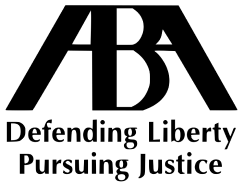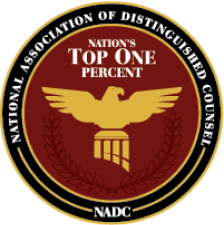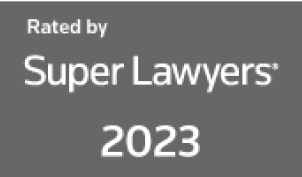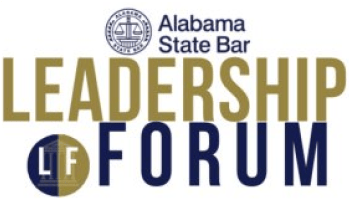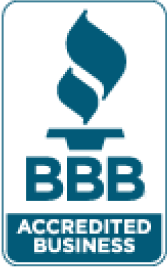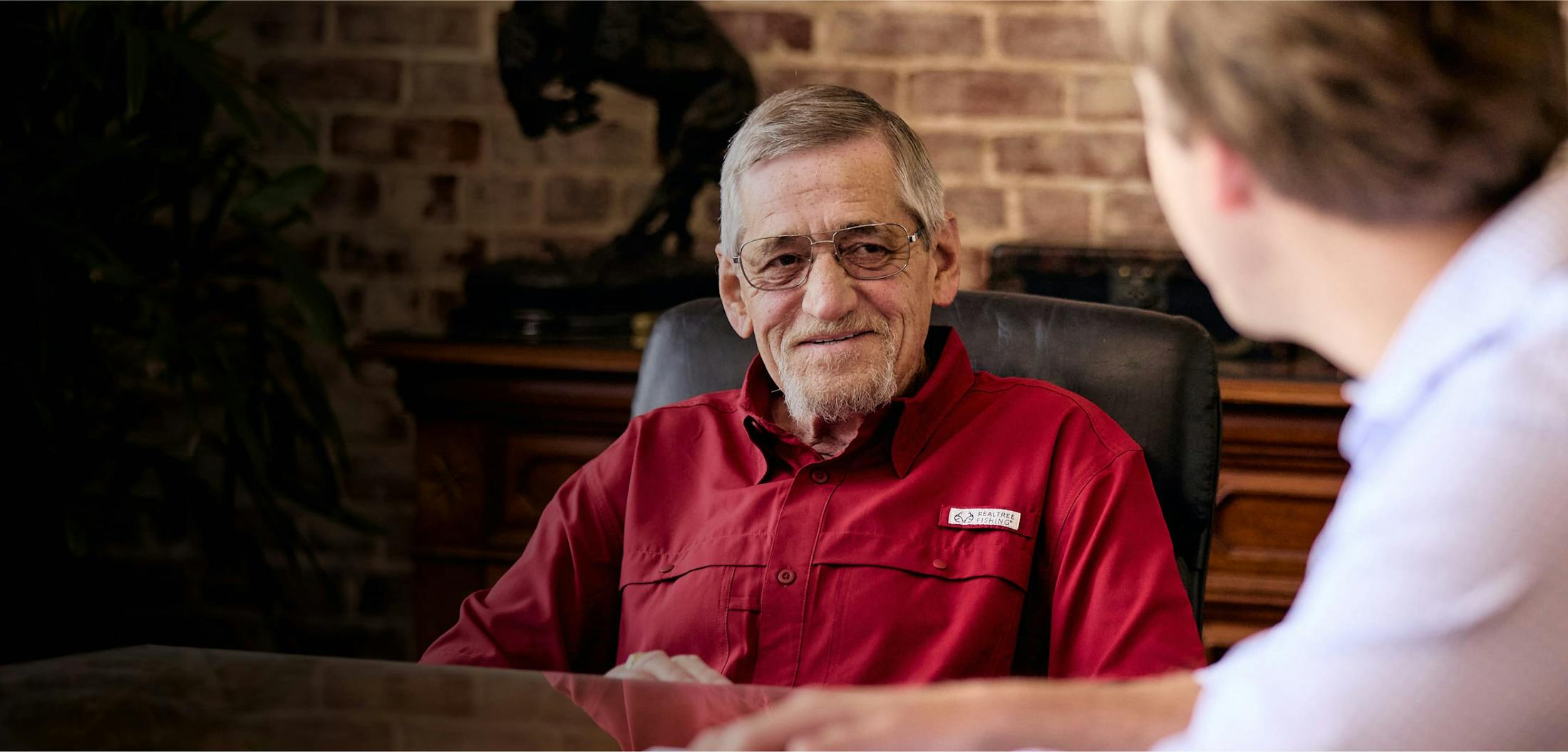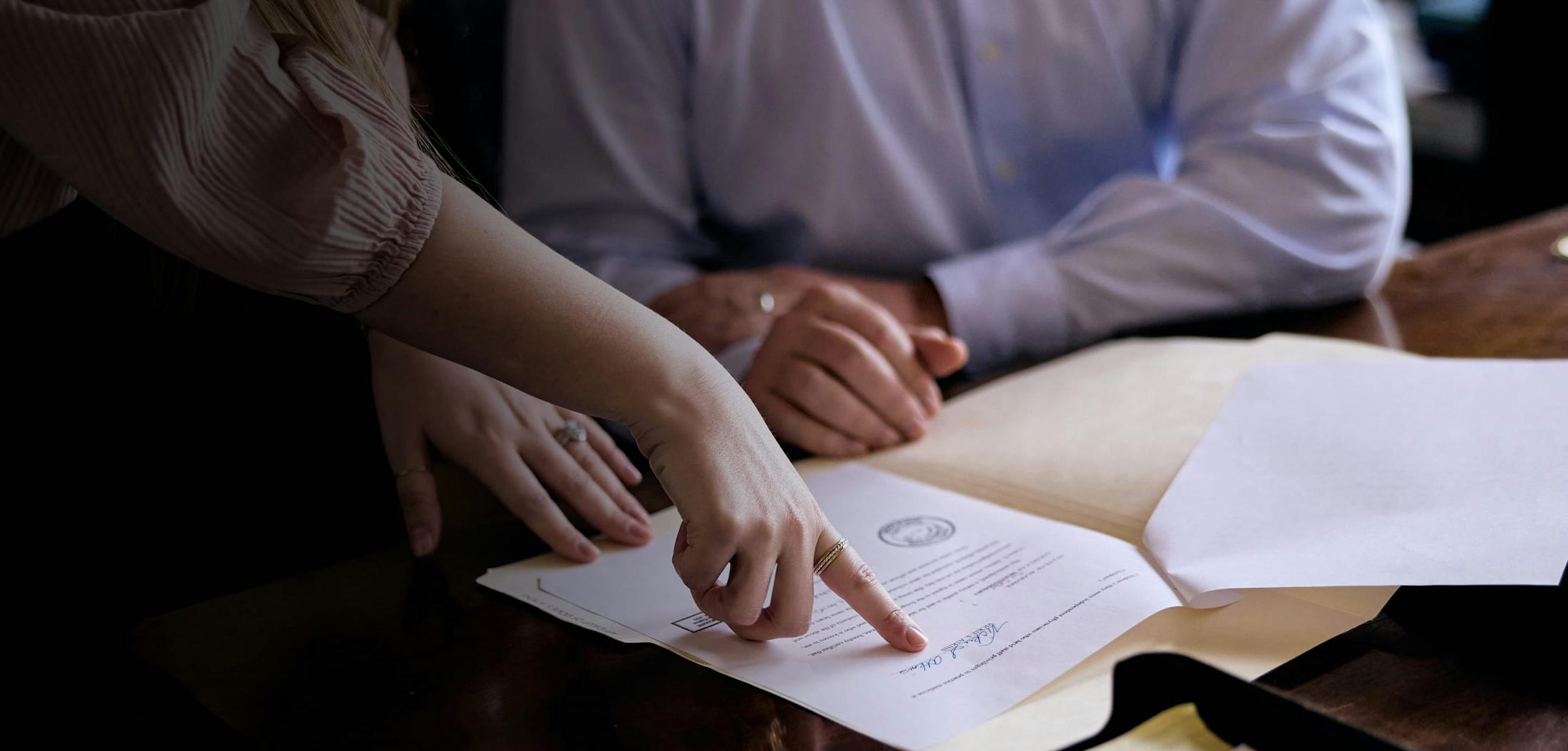Helping you recover
What We Offer The Experience, Expertise, and Resources You Need
With 18 partner attorneys and a combined 441 years of legal experience, HGD is large enough to go toe-to-toe with the most powerful insurance companies and corporations in the nation, while still small enough to prioritize the personal care and attention you and your family deserve.
What You Experience Legal Guidance With White Glove Service
From the start of your legal journey, you are paired with a dedicated coordinator who keeps you current on all case developments. You also receive access to our state-of-the-art online portal for seamless communication.

-
Your Advocate
You deserve more than an attorney.
When you hire us, you not only get a team of legal experts, we are your personal support system to get you through difficulty.- ABOTA membership
- An AVVO Preeminent Rating
- Board-certified in Trial Advocacy
-
Your Health
Our first priority is your well-being.
We carry the weight of your case so you can focus on your recovery.- Referrals to healthcare providers
- Liaison with insurance companies
- Dedicated case coordinator
-
Your Story
What happened to you matters.
It’s our job to gather evidence, prove your story and make the justice system work for you.- Investing in you
- Focusing on your healing
- Seeking justice
-
Your Result
Get the full worth of your case.
We deploy our extensive resources, relationships and legal expertise to maximize your legal outcome.- Extensive resources
- Decades of combined experience
- Maximum value for you
Conversations with Clients “There’s a sense of community and comfort here.”
When I needed help, Heninger Garrison Davis was there for me, keeping me updated every step of the way. I never had to guess what was going on because my case coordinator sent me texts constantly.
Name: Kim
Problem: Traumatic Brain Injury
Conversations with Clients “Everything was upfront and honest.”
The lawyers at Heninger Garrison Davis made me feel prioritized and like my case really mattered to them. I was able to reach a settlement I had never imagined possible.
Name: Willie
Problem: Employment Law

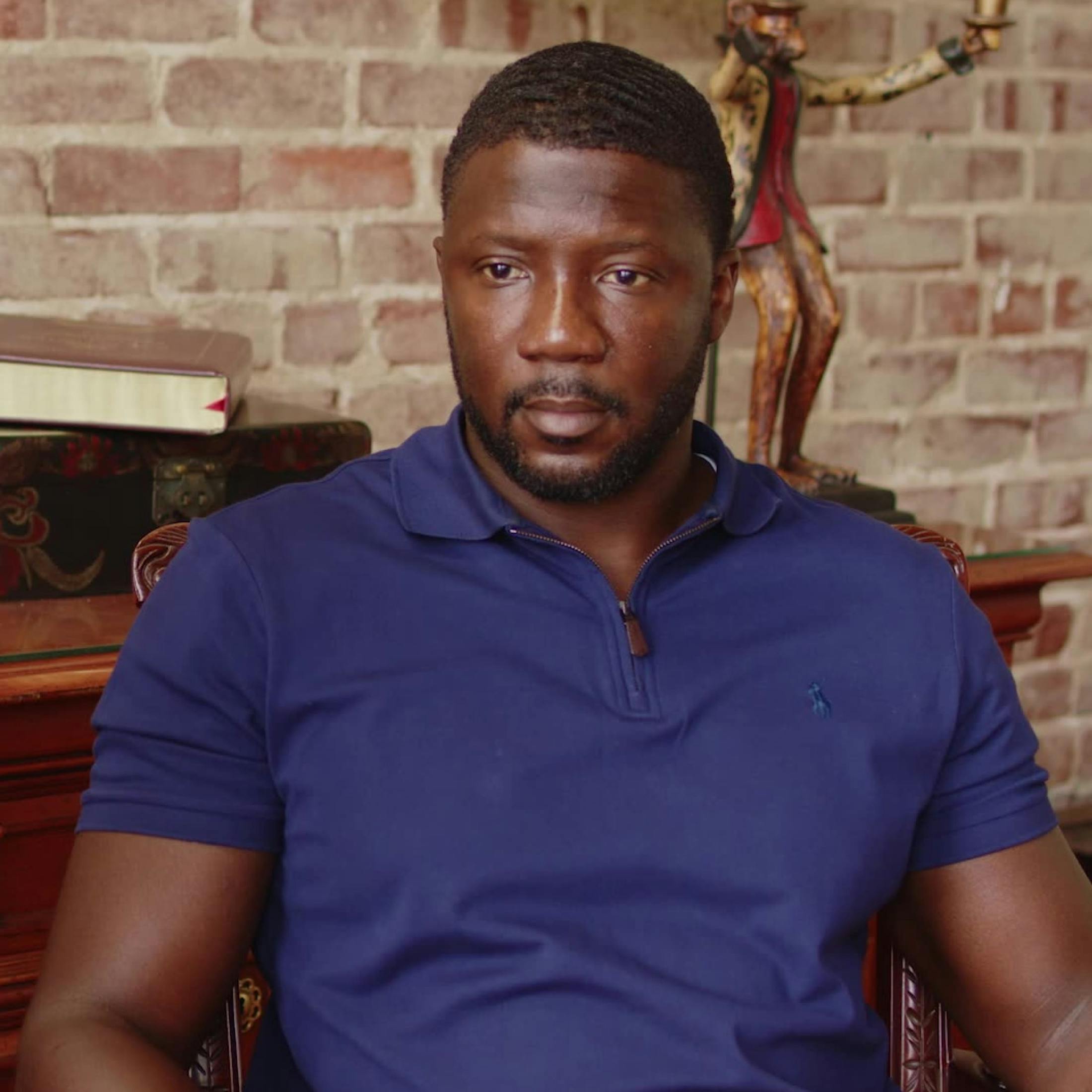
Frequently Asked Questions
The clear, concise answers you need at your fingertips.
Find More Answers
How do I know if I have a case?
If you have been injured due to someone else's negligence or a defective product, you may have a case. Contact us for a free consultation to discuss the details of your situation.
What is the process like?
Our process involves an initial consultation, thorough investigation, gathering evidence, negotiating with the opposing party, and, if necessary, representing you in court. We are with you every step of the way to ensure the best outcome.
How much will it cost?
Our process involves an initial free consultation, thorough investigation, gathering evidence, negotiating with the opposing party, and, if necessary, representing you in court. We are with you every step of the way to ensure the best outcome.
What types of cases does Heninger Garrison Davis handle?
Heninger Garrison Davis handles a variety of cases, including personal injury, wrongful death, workers' compensation, and medical malpractice. We also focus on cases related to motor vehicle accidents, slip and fall incidents, and other types of negligence. We represent clients in complex litigation and advocate for those who have suffered due to the actions of others.
Will my case go to trial?
Not all cases go to trial. Many are settled out of court. However, if a fair settlement cannot be reached, we are fully prepared to take your case to trial to secure the compensation you deserve.
HGD Articles
Delve into our extensive knowledge base of blogs and news articles.
